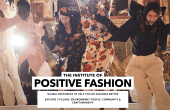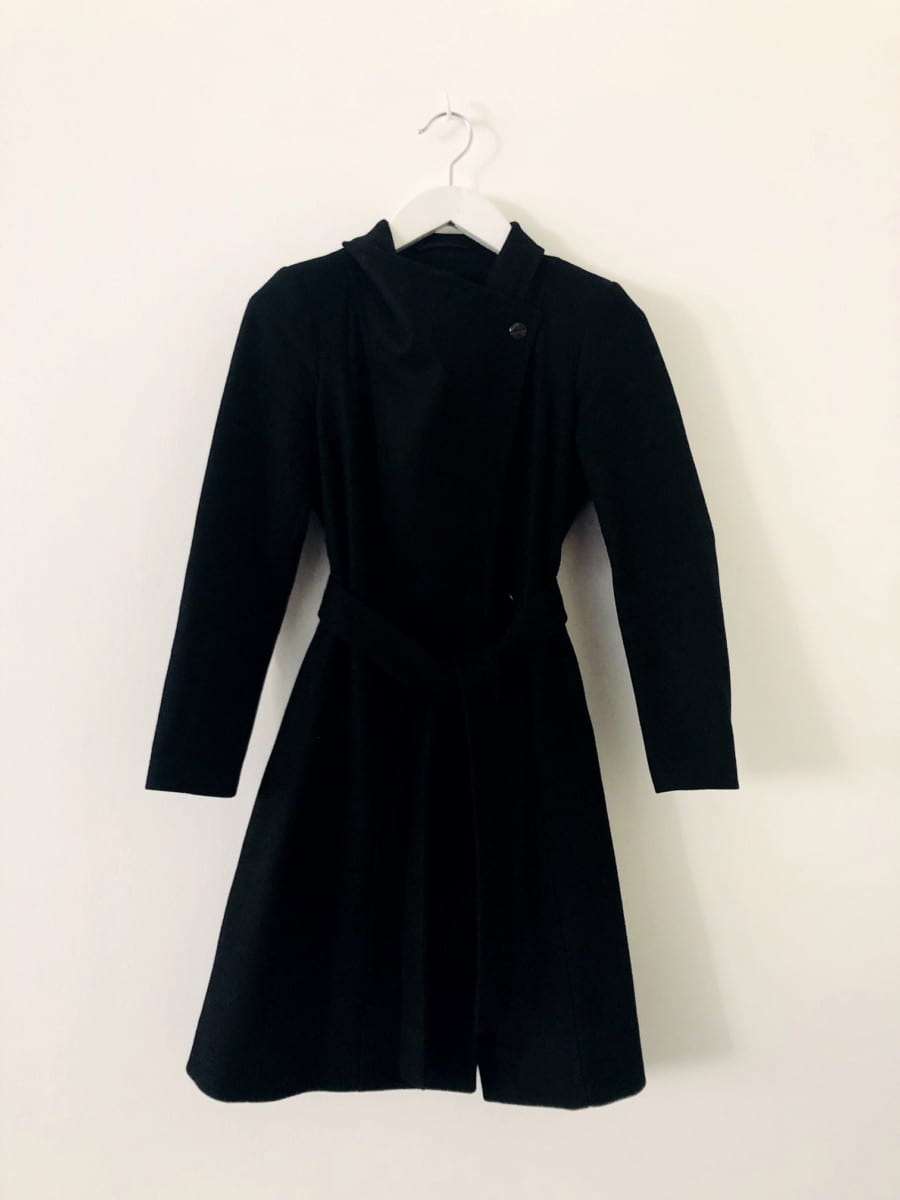Fashion is a vast industry which sells us a dream: buying a dress, a handbag or even a fridge, restaurant or holiday will make us feel more beautiful, intelligent or successful. Most of us want to be part of that dream. Selling that inherent value added quality influences the economic, creative and cultural sectors of UK society. It is a serious business.
As a worldwide business, fashion is strongly influenced by the global agenda. Climate change, globalisation and social inequality are examples of current, critical issues that all of us must face. I believe that 21st century fashion courses should prepare their students for an industry that will have to transform itself to meet these challenges; challenges that I believe bring a potent political dimension to fashion.
Climate change and the pressure to reduce carbon emissions coupled with the exploitation of workers means that factors such as design, eco-fabrics, refashioning, new technologies, new fabrics and recycling are all being explored as the industry begins to look at how fashion can develop a more responsible approach to production and consumption. We must also respond to the emerging debates about how much we are prepared to pay as consumers and what companies mean by profit.
Fashion can no longer focus on the beautiful young. An ageing population, disability, obesity and eating disorders have placed health and well-being high on society’s agenda. Factors such as design skills, new technologies and fabrics, coupled with economic opportunity give us the resources to start developing a more inclusive industry with new audiences and consumers as well as designers, manufacturers and retailers in a more encompassing fashionable future for all.
A materialistic generation, the pressure of cool, a disenfranchised population: all these are visible signs that both individuals and society are experiencing difficulties in coping with the constant pressure to buy and be in fashion. The media, catwalk and cult of the celebrity all create a pressure to conform to a uniform idea of beauty and fashion. The consequence of this can be seen in the rise of cosmetic surgery, diets, and eating disorders. Through the ages women have suffered to be beautiful and fashionable but we need to open up the debate and challenge notions of what is fashionable and a beautiful body. How can we in the fashion industry help steer a new line that emphasises the inclusive potential of fashion, by involving a range of groups and sections of society in its creation and production?
Fashion has an intensely political future and this is what makes it for me the creative subject discipline for the 21st century. However it means that fashion educators need to work with scientists, psychologists, sociologists, chemists and physicists to look at ways that the discipline and industry can take a lead answering some of the great challenges that society will be facing.
Believing fashion to be intrinsically political, from December 2007 through summer 2008 Nick Knight staged a multi-level film and essay project, encouraging creatives to use the medium of fashion to convey their political beliefs, agendas and thoughts.




